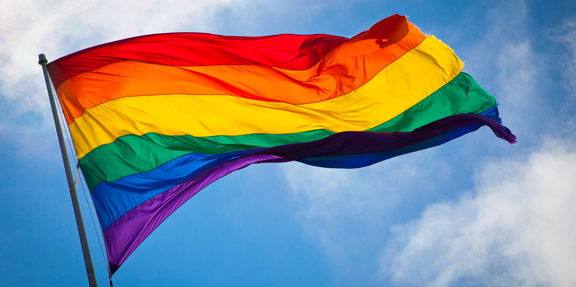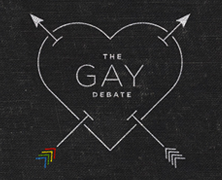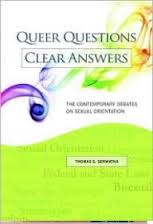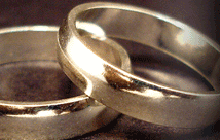Social conservatives often use an entirely different vocabulary in discussing homosexuality from the one used by the media or by people operating from the “gay identity” paradigm. It is the difference in paradigms which explains this difference in language.
For example, up to this point, the author has been using the words “gay” and “lesbian” the way they are generally used by the media, as a generic reference to people who experience same-sex attractions and/or engage in homosexual conduct and/or self-identify in that way. However, social conservatives will often avoid using the words “gay” or “lesbian” altogether. This is because the very words themselves tend to support the “gay identity” paradigm. To call someone “gay” or “lesbian” tends to imply that some people’s intrinsic, inborn, immutable identity is “gay” or “lesbian” – something which social conservatives believe is empirically false.
A second reason social conservatives avoid use of these words is because such words tend to obscure the real nature of the characteristics which we are discussing – which are a person’s sexual attractions and their sexual behavior. This is why social conservatives prefer to use the word “homosexual.” The word “homosexual” is not, and is not intended as, a disparaging term. Whereas the words “gay” and “lesbian” are biased, in that they lend support to the dubious “gay identity” paradigm, the word “homosexual” is a neutral term which accurately describes the issue at hand – “sexual” attractions and/or behavior, directed toward people of the same (“homo-“) sex.
Since, as already noted, social conservatives consider sexual conduct to be the most significant aspect of debates over homosexuality and sexual orientation, when they use the word “homosexual” as a noun it is usually intended merely to mean “a person who engages in sexual relations with a person of the same sex,” and when social conservatives refer to “homosexuality,” they use the word as a synonym for “sexual relations with a person or persons of the same sex.” Whether or not a person self-identifies as “gay” or not is immaterial – it is the behavior which matters most. On the other hand, a person who experiences same-sex attraction but does not act upon them will usually not be labeled a “homosexual” by social conservatives.
Some social conservatives even argue that the word “homosexual” should never even be used as a noun at all, but only as an adjective.[i] In this view, there are no “homosexuals,” there are only “people who experience homosexual attractions” or “people who engage in homosexual conduct.” In practice, however, it is simply very difficult to write or speak on the topic and consistently use the six-word phrase “people who engage in homosexual conduct” every time, so the single word “homosexual” becomes a proxy for it.
It should also be noted that in the context of the political debates over issues related to homosexuality, social conservatives do not consider “homosexuals” as such (that is, people who engage in private homosexual conduct) to be their adversaries. They recognize that some homosexuals are content to keep their sex lives private, rather than demanding official government affirmation of their sexual relationships. This is why social conservatives will sometimes use the term “homosexual activists” (or “pro-homosexual activists,” since not all are “homosexual” themselves) to describe those people whose agenda – the forced public affirmation and celebration of homosexual conduct and relationships – social conservatives oppose in the public square.
[i] The author first heard this from Gary Glenn of the American Family Association of Michigan.









